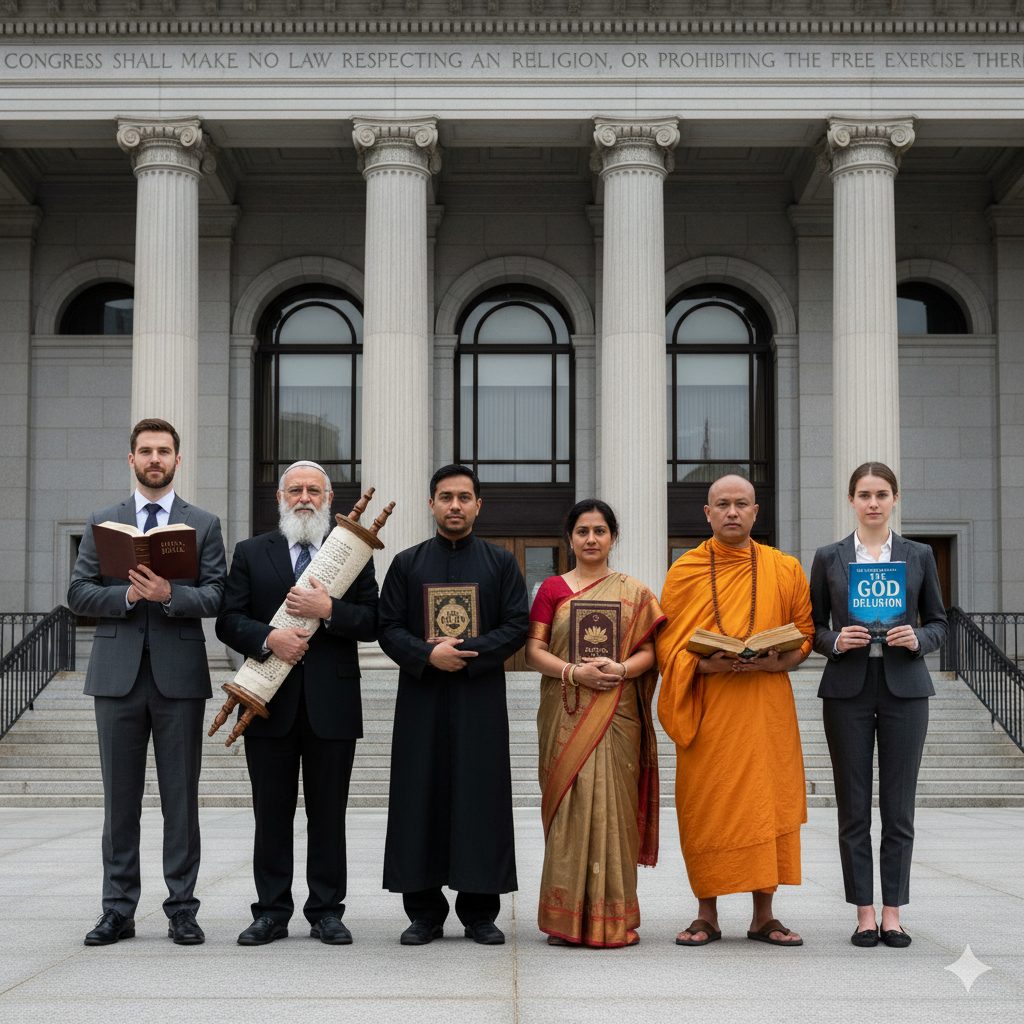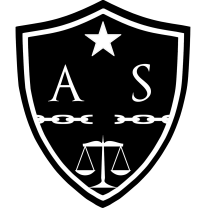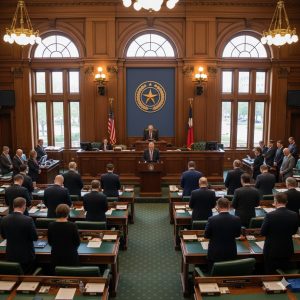
One of the most persistent debates in American life is the relationship between religion and government. The phrase “separation of church and state” often gets tossed around, sometimes as a rallying cry, other times as a dismissal. Critics are quick to point out that those exact words never appear in the Constitution. And they’re right. The text doesn’t use that phrase.
But here’s the thing: neither does the Constitution say “universal gun ownership,” yet millions of Americans defend the Second Amendment as guaranteeing exactly that. In both cases, the principle is what matters, not the wording. For religion, the principle comes directly from the First Amendment: “Congress shall make no law respecting an establishment of religion, or prohibiting the free exercise thereof.” That double safeguard—no establishment, no prohibition—sets the stage for what we now shorthand as separation of church and state.
This isn’t a modern invention. In 1802, Thomas Jefferson wrote to the Danbury Baptist Association, assuring them that the First Amendment built “a wall of separation between Church and State.” James Madison, often called the Father of the Constitution, was even more direct in his “Memorial and Remonstrance Against Religious Assessments” (1785), where he argued that religion should be left to “the conviction and conscience of every man” and that government involvement would only corrupt both church and state. This meaning is hardly up for debate—both Madison and Jefferson were believers in deism and often expressed skepticism of the traditional Christian religion. The Supreme Court later leaned on these ideas in cases like Everson v. Board of Education (1947), confirming that the First Amendment applies to the states and upholds this barrier.
So what does that mean in practice?
A common argument goes like this: “Christians should be allowed to bring their faith into public office.” And on this point, no one disagrees. The Constitution doesn’t ask anyone to leave their convictions at the door when they serve. Christians, Muslims, Jews, Hindus, atheists, or anyone else—all are free to live and work according to conscience. That’s part of what makes America unique—it’s part that makes America, well, you guessed it, America.
But here’s the catch: if one faith or worldview claims the right to shape civil policy through its particular beliefs, then logically every other faith—or non-faith—must have the same right. If Christians want theological doctrine to influence lawmaking, would they be just as comfortable with Muslims citing the Qur’an in legislative debate, or with atheists grounding policy in a materialist worldview? And no, “secular” does not mean “atheist”. Let’s get that straight. In any case, state favoritism on religion is exactly what the US Constitution warns against. Jefferson himself warned against such favoritism, noting that “to compel a man to furnish contributions of money for the propagation of opinions which he disbelieves is sinful and tyrannical.” If the answer is “yes,” then fairness demands equal room at the table. If the answer is “no,” then perhaps religion belongs in the personal sphere, not the machinery of government.
That’s where the wisdom of church-state separation comes in. It doesn’t muzzle faith—it protects it. It keeps faith from becoming a tool of the state, and it keeps the state from becoming a weapon of religion. It ensures that the government represents all its citizens, not just those who share a particular creed or doctrine. And it preserves the integrity of faith itself, by making sure it’s chosen freely rather than imposed by law or public policy.
At the end of the day, the genius of the American system is that it recognizes both sides of the coin: the right of every person to believe and practice according to conscience, and the need for government to remain neutral in matters of faith. We might not all agree on how to live out our beliefs, but we can agree on this: liberty of conscience is strongest when no one religion becomes everyone’s rulebook.
LIBERTAS FIDEI OMNIBUS EST LIBERTAS FIDEI UNI


